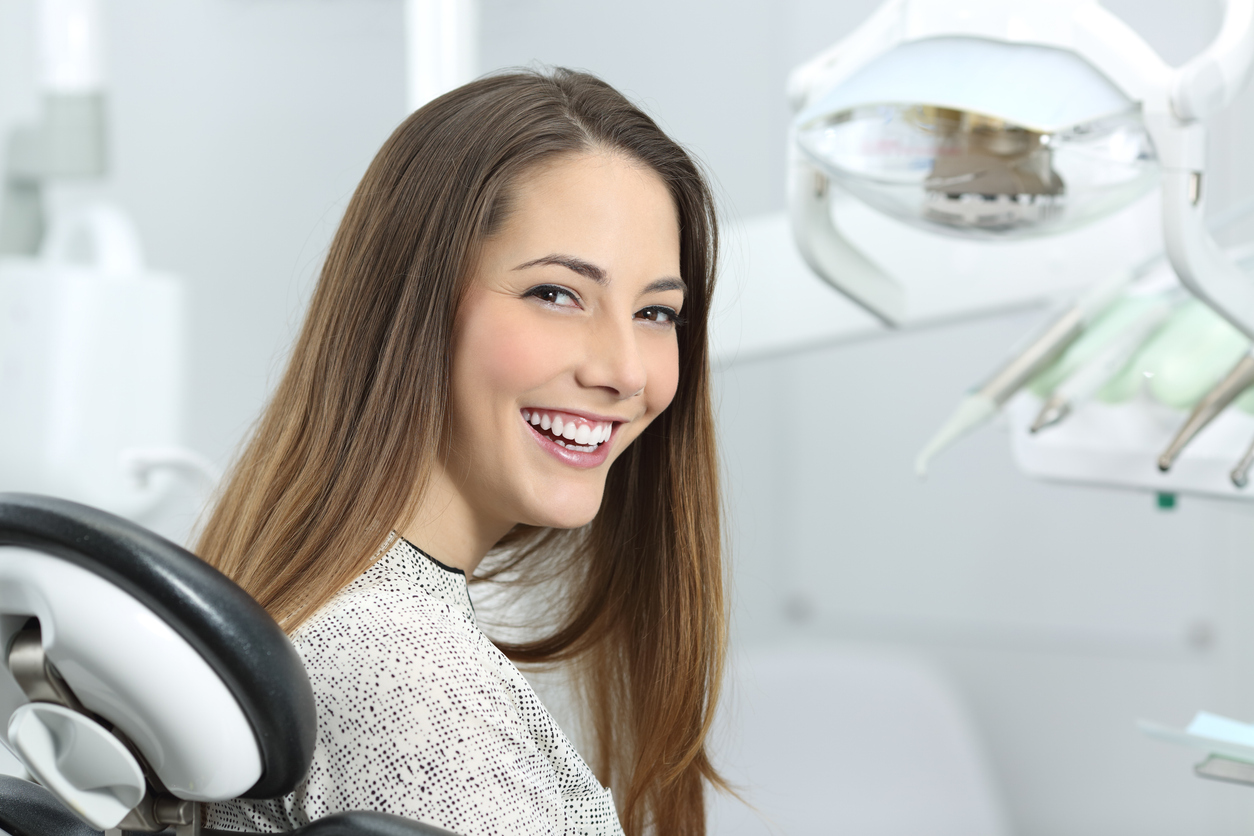Periodontal disease is also commonly referred to as gum disease or periodontitis. This is a serious type of gum infection, which causes damage to the soft tissue. Without treatment, periodontal disease can destroy the bone that supports your teeth. This can ultimately result in tooth loss, so it is not something that shouldn’t be ignored.
While this disease is fairly common, it is also preventable in most instances. In fact, poor oral hygiene is the main cause of gum disease. We are going to look at some things you can do to reduce your chances of experiencing periodontal disease.
Things You Can Do to Prevent Periodontal Disease?
No one wants to experience gum disease. The way to avoid it is to develop positive habits that keep your gums healthy. Let’s take a look at some of the things that you can do to reduce the chances of gum disease.
Brush Your Teeth Regularly
The first thing you need to do is make sure you brush your teeth at least twice per day; once first thing in the morning and again when you go to bed. It is also beneficial to brush your teeth after meals, as this helps to get rid of any plaque and food debris that is stuck in between your gums and teeth. Don’t forget to brush your teeth as well, as bacteria love to hide here!
Use Mouthwash – Not Immediately After Brushing
Another important habit to adopt is using mouthwash. This is beneficial because it can rid your mouth of any plaque or food particles left behind while brushing. However, it’s not advisable to use mouthwash immediately after brushing. This is where a lot of people go wrong. If you use mouthwash straight after brushing, it will wipe away the fluoride, therefore, reducing the effectiveness of the toothpaste.
Don’t Forget to Floss
Another important habit to get into is flossing your teeth. Dentists recommend flossing once per day, at least, to remove plaque and food particles stuck in between your teeth. Flossing will remove those particles that brushing your teeth is not able to, particularly those along the gum line.
If you have never flossed before, don’t worry, you will soon get used to it. If you’re not sure about the technique of flossing, watch video demonstrations to get the right method down.
Understand Your Risk
In addition to adopting good dental hygiene habits, it is also important to know about your risk of gum disease. There are a number of factors that can increase your chance of getting periodontal disease. These can include genetics, diet, smoking, and age. If you have a higher risk of gum disease, look for early signs or symptoms. We will discuss this more in the next section to give you a better understanding.
Visit Your Dentist for Regular Check-ups
Aside from the suggestions that have been mentioned so far, booking regular dental check-ups is highly recommended. As we get older, it can be easy to overlook the importance of going to the dentist twice a year. However, this is important.
Not only will your dentist make sure that your teeth are in pristine condition, but will discover early signs of dental problems, such as gum disease. This is important because treatment can start early. This allows you time to get the treatment you need before the damage from gum disease becomes irreversible. This is also imperative when it comes to picking up on the signs of any other sort of dental problems.
What To Do If You Have Signs or Symptoms of Gum Disease
Aside from what has already been suggested, if you start to notice signs or symptoms of gum disease, schedule an appointment with Dr. Trujillo. The sooner you receive treatment, the easier it is to treat gum disease. You also have a better chance of not experiencing severe consequences, such as tooth loss.
Signs and Symptoms To Watch For
So, what are some of the symptoms you should be on the lookout for? Healthy gums are pale pink, and firm, and they fit around your teeth snugly. Therefore, some of the symptoms of periodontal disease you should watch for include:
- A change in the way your teeth fit together when you bit
- Gums that are receding (pulling away from your teeth), causing your teeth to appear longer than normal
- New spaces appearing in between your teeth
- Pain when chewing
- Loose teeth, which can result in loss of teeth
- Pus in between your gums and teeth
- Bad breath
- Spitting out blood when you are flossing or brushing your teeth
- Pink-tinged toothbrush after you have brushed your teeth
- Gums that bleed with ease
- Gums that feel tender when they are touched
- Purplish, dusky red, or bright red gums
- Puffy or swollen gums
Contact Arizona Periodontal Group About Periodontal Disease
If you are worried that you may have periodontal disease, please do not schedule an appointment. We have a talented and experienced team and Dr. Trujillo is an excellent periodontist in Phoenix, AZ.





